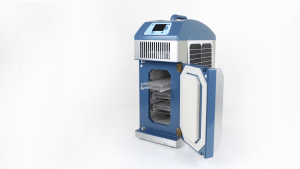
Agriculture
February 20, 2024
3rd Stone Design Stone Cold Solar
Read SolutionImplemented by
Stone Cold Systems
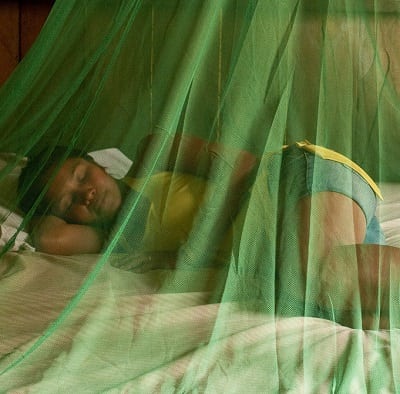
Updated on February 5, 2024
·Created on August 27, 2015
Interceptor is a long lasting mosquito net.
The Interceptor is a Long-Lasting Insecticidal Net (LLIN) that knocks down, kills, and repels mosquitos as they come in contact with the net for up to 4 years and 25 wash cycles.
Target SDGs
SDG 3: Good Health and Well-Being
Target Users (Target Impact Group)
Household, Public Sector Agencies, NGOs
Distributors / Implementing Organizations
Red Cross, UNICEF, and Roll Back Malaria
Competitive Landscape
Direct competitors include PermaNet 2.0 and Olyset Net.
Regions
Indian Ocean Area, Sub-Saharan Africa
Countries
India
Manufacturing/Building Method
Unknown
Intellectural Property Type
Patent
User Provision Model
Aid organizations can purchase the nets directly from BASF. The aid organizations will then distribute the nets to the target beneficiaries in their own manner.
Distributions to Date Status
Unknown
Bursting Strength (kPa)
350
Denier
189 + 15%
Expected lifespan (months, washes)
48, 25
Insecticide content (g/kg)
Unknown.
Insecticide(s) used
alpha-cypermethrin
Mesh (holes/cm^2)
Unknown.
Protection from insect entry (yes/no)
Unknown.
Retreatment required? (frequency)
No.
Design Specifications
Mesh net coated with alpha-cypermethrin using a polymer binder. The binder attaches the active agent to the binder such that the active ingredient remains evenly distributed across the surface for years.
How the net works:
1) Net fibers coated with alpha-cypermethrin
2) Mosquito makes brief contact with the net
3) Mosquito is paralyzed and "knocked down"
4) Mosquito dies within minutes
Technical Support
BASF video about malaria
Replacement Components
Holes can be patched with local materials, although the insecticide will no longer be present on that spot.
Lifecycle
About 4 years. The net is tested to remain fully functioning after 20 wash cycles.
Manufacturer Specified Performance Parameters
Tunnel test: 80% mortality & 90% blood feeding inhibition after 20 washes. Cone Bioassay Test: 80% mortality & 95% knockdown after 20 washes
Vetted Performance Status
100% knockdown at one-hour post exposure 100% prevention of blood feeding after 20 washes Median time to knockdown: 6 minutes Nets washed 20 to 25 times still meet or exceed performance standards for LLINs with high efficacy
Safety
No hazards listed
Complementary Technical Systems
BASF nets are most effective when used in combination with other malaria control products.
Academic Research and References
“Hougard, J-M., et al. Comparative performances, under laboratory conditions, of seven pyrethroid insecticides used for impregnation of mosquito nets. Bull World Health Organ [online]. 2003, vol.81, n.5, pp. 324-333. ISSN 0042-9686.
Asidi, A.N., et al., Experimental hut comparisons of nets treated with carbamate or pyrethroid insecticides, washed or unwashed, against pyrethroid-resistant mosquitoes. Medical and Veterinary Entomology. 2004 Jun;18(2):134-140.
Maxwell, C.A., et al., Variation of malaria transmission and morbidity with altitude in Tanzania and with introduction of alphacypermethrin treated nets. Malaria Journal. 2003 Sep 10;2(28).
Irish, S.R., Loss of protection with insecticide-treated nets against pyrethroid-resistant Culex quinquefasciatus mosquitoes once nets become holed: an experimental hut study. Parasite & Vectors. 2008 Jun 18;1(17).
Kulkarni, et al., Efficacy of pyrethroid-treated nets against malaria vectors and nuisance-biting mosquitoes in Tanzania in areas with long-term insecticide-treated net use. Tropical Medicine and International Health. 2007 Sep;12(9):1061-1073.”
“BASF and MedAccess Complete Shipment of 35 Million Interceptor® G2 Nets to Fight Malaria.” BASF. Accessed 2020.
“Chlorfenapyr – a New Approach against Resistant Mosquitoes.” YouTube, 2019.
BASF. “Interceptor G2 Brochure – Products.” basf, 2019.
Compliance with regulations
Exceeds the WHO Pesticide Evaluation Scheme requirements for long-lasting insecticidal nets.
Nets washed 20 to 25 times still meet or exceed performance standards for LLINs with high efficacy"
Other Information
The Interceptor has been evaluated by the World Health Organization Pesticide Evaluation Scheme (WHOPES) and the Innovative Vector Control Consortium through both lab testing and field studies. Field studies have been conducted in Liberia, India, and Western Uganda.

Agriculture
February 20, 2024
Implemented by
Stone Cold Systems
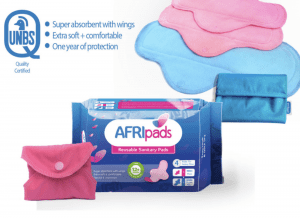
Agriculture
December 14, 2023
Implemented by
AFRIpads
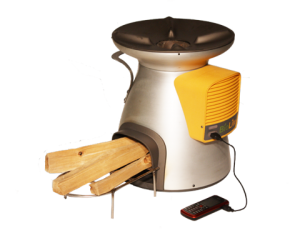
Agriculture
December 2, 2024
Implemented by
BioLite

Agriculture
February 29, 2024
Implemented by
BRAC University
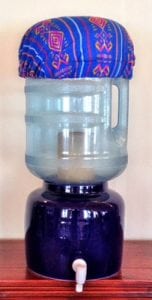
Agriculture
January 11, 2024
Implemented by
Caminos de Agua
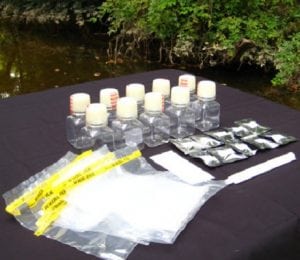
Agriculture
January 17, 2024
Implemented by
Aquagenx
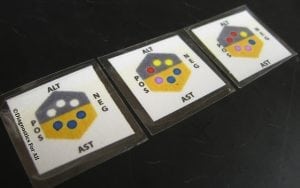
Agriculture
February 14, 2024
Implemented by
Diagnostics for all
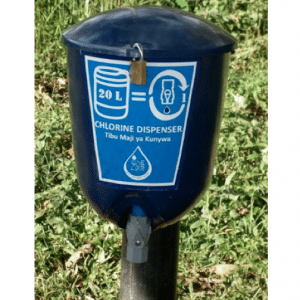
Agriculture
September 23, 2023
Implemented by
Innovations for Poverty Action
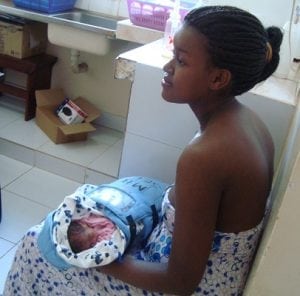
Agriculture
November 10, 2023
Implemented by
Embrace Innovations
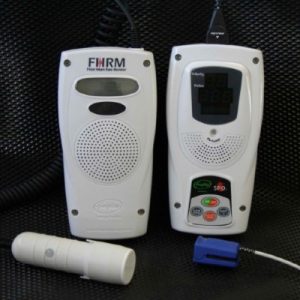
Agriculture
September 26, 2024
Implemented by
Ultrasound Technologies
Have thoughts on how we can improve?
Give Us Feedback